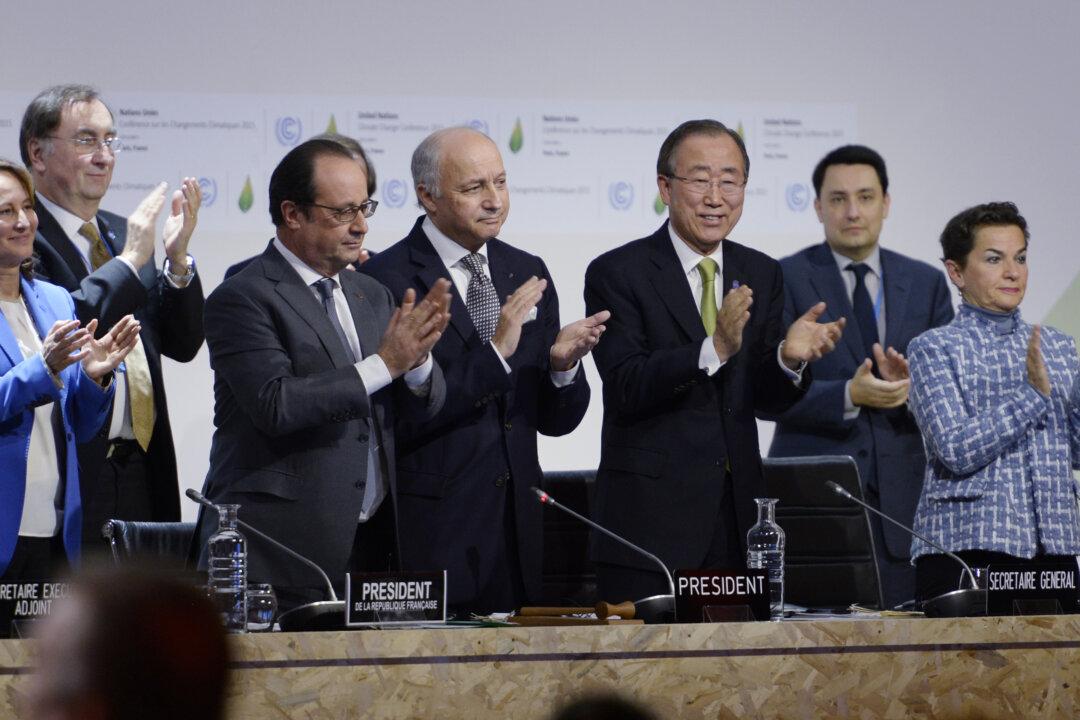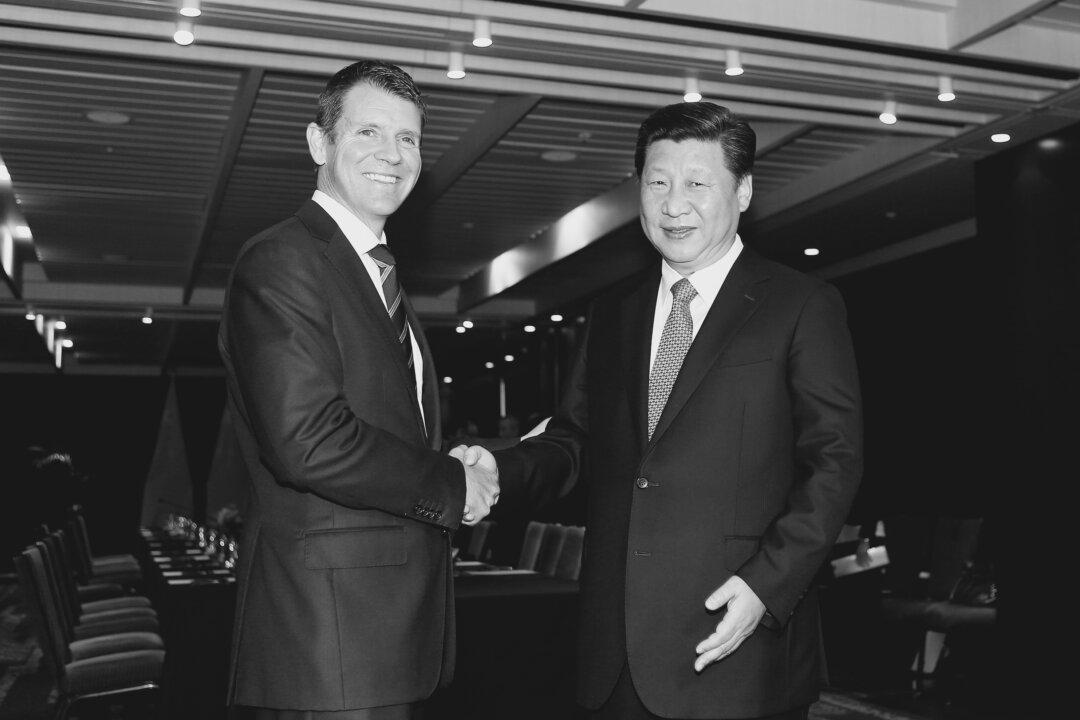The Chinese Communist Party has admitted details of its ailing policy against religious belief in an article published in a Party journal recently: according to an official quoted in the piece, the nation’s believers are expected to abandon their “superstitions,” and adopt the Party’s “correct world view.”
In the latest issue of Study Times, an ideological journal published by the Central Party School, the regime’s religious affairs minister, Wang Zuoan, said that China’s prosperity has been accompanied by a huge increase in religious belief, which he thinks is due to a need for reassurance in a complex modern world.
The CCP maintains its position as an officially atheist political Party, whose stated guiding ideology is an unwieldy combination of Marxism-Leninism, Mao Zedong Thought, Deng Xiaoping Theory, and the “Three Represents” of former Party leader Jiang Zemin.
Echoing his training in the communist canon, Wang expressed surprise that religion still held appeal in a wealthier China. “After over 30 years of reform, and after the common people have become materially better off, and their education level has increased, not only has religious belief not weakened, but it has gone through a rejuvenation.”
According to Wang, the main denominations in China are Christianity and Islam, which account for roughly half of the estimated 100 million believers, with the other half being Buddhism and Daoism, although he conceded that the actual number is probably much higher than this.
“For a Marxist political party, we need to use political thought work to popularize scientific knowledge, to help the masses establish a correct worldview, and to scientifically deal with birth, aging, sickness and death, as well as disaster and happiness,” Wang said. “But we must realize that this is a lengthy process, and requires patience and unremitting perseverance.”
The dream of expunging belief from the minds of the Chinese people has so far, however, proved somewhat challenging.
“Religion has been around for a very long time, and if we rush to try to push for results and want to immediately ‘liberate’ people from the influence of religion, then it will have the opposite effect and push people in the opposite direction,” Wang said.
The minister made no mention of the consequences of the Party’s anti-religion policies, which include the suppression of Christians, Tibetans, and Uyghur Muslims. Beijing has a strained relationship with the Vatican, and its attempts to control the Dalai Lama, the exiled spiritual leader of Tibet, and Tibetan cultural practices, have resulted in over 100 self-immolations there.
Nor did Wang touch upon the persecution of the Falun Gong meditation discipline, which has been targeted for 14 years, following a political campaign launched by Jiang Zemin in 1999. For years the campaign has encountered resistance from the rank and file at local levels, while Falun Gong receives increasing public support both at home and abroad.
Two academics and China experts based in the United States shared views opposing Wang’s in a letter to the Financial Times on April 17, arguing that the ideology of contemporary China is now simply money worship.
“Throughout its long history, China produced remarkable thought-systems such as Confucianism, Taoism, and Zen (Ch’an) Buddhism,” wrote Chin-Tai Kim at Ohio’s Case Western Reserve University, and Yeomin Yoon at New Jersey’s Seton Hall University.
“It is sad to note that the contemporary China seems to have thrown away its cultural legacy in endorsement of mammonism.”
“We agree with China’s most popular novelist Jiang Rong, who stated that the fate of a nation, for example China, hangs on its culture, not its politics or economics,” they added.



